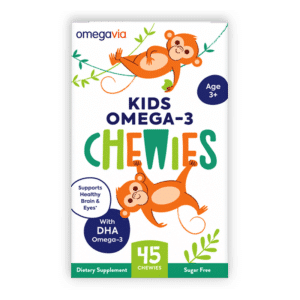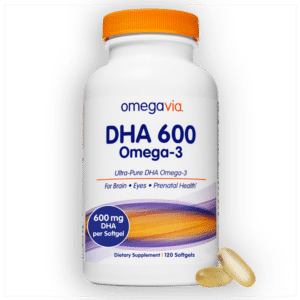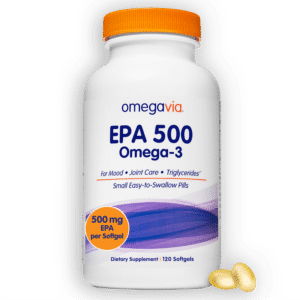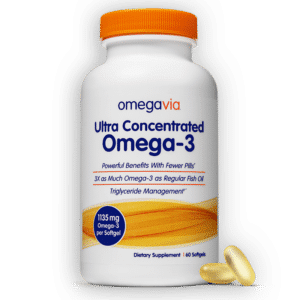Latest Articles about Kids
Ready for School: Preparing Your Child for Academic Success
Hi. I’m Doctor Jennie. Welcome to Kid’s Corner. Today, we’re gonna be talking about ‘school readiness’, which is important any time of the year, but especially at the start of a new school year. This can be a nerve-wracking time for both parents and children. The fear of the unknown can be scary for someRead More
Positive Parenting: Strategies for Raising Happy, Healthy Kids
Hi. I’m Doctor Jennie with Kid’s Corner. Today, I will be talking about something called ‘positive parenting’. If you’re watching this, you know that parenting can be challenging. Trying to figure out how to do it well is hard. But just by thinking about how to be a good parent, you’re already on the rightRead More
Calm in the Storm: Managing Your Child’s Tantrums Effectively
Hi. I’m Doctor Jennie, and welcome to another edition of Kid’s Corner. Today, we’re going to talk about a challenging topic that all parents face at one time or another: tantrums. Have you ever been that parent in the middle of a crowded grocery store and your child asked for candy? You say no, andRead More
From Battle to Bonding: Transforming Your Child’s Bedtime Routine
Welcome to another Kid’s Corner. I’m Doctor Jennie, and today I’m talking about bedtime battles. Do you dread your child’s bedtime? Does bedtime feel more like a battle than a bonding time? If so, you’re not alone. Bedtime struggles are incredibly common. These bedtime battles can be frustrating and upsetting for both you and yourRead More
Coughs and Colds 101: Keeping Your Child Healthy During Winter
Hi. I’m Doctor Jennie Gary. Welcome to another episode of Kid’s Corner. Today, we’re going to be talking about the dreaded cough and cold season. Have you ever felt like your child is constantly sick during the winter season, jumping from one cold to the next? Trust me, Aa a pediatrician and parent myself, youRead More
Beyond Distraction: Helping Your Child Overcome Attention Challenges
Welcome back to another Kid’s Corner. I’m Doctor Jennie, and today we’re going to be talking about a topic that’s becoming increasingly more common in children – poor attention and ADHD (or attention deficit hyperactivity disorder). ADHD is a chronic disorder of the brain that makes it difficult to control impulses. If you have everRead More
Feeding the Fussy: Tips for Dealing with Picky Eaters
Oh, hi. I’m Doctor Jennie, and welcome to Kid’s Corner. Do you have a picky eater? At age two or three, children already start to like certain foods and dislike other foods. There may be a lot of variation in how hungry they are for different meals each day or even in the amount ofRead More
The Screen Time Dilemma: Impact and Management for Kids
I’m Doctor Jennie, and welcome to another edition of Kid’s Corner. There’s a mental health topic parents ask about today that wasn’t an issue ten years ago. Can you guess what it is? That’s right. It’s screen time. While technology has offered many advances, it has also created new challenges for parents and caregivers. ManyRead More
Navigating Mental Health in Children: Signs, Support, and Solutions
Hi. I’m Doctor Jennie. Welcome back to Kid’s Corner. Mental health is a topic that carries a lot of stigma and judgment for many people. But mental health issues are actually quite common in children. The good news is they are treatable. Since the COVID-19 pandemic, mental health issues have skyrocketed for many children andRead More
Understanding and Resolving Challenging Child Behaviors
Hi. I’m Doctor Jennie Gary, and welcome to Kid’s Corner where I discuss the top childhood development issues facing parents. Today, I’ll be discussing a real challenge for many parents out there, and that’s overcoming difficult behavior in young children. Does your child act out? Have tantrums? Not listen? Don’t worry. This doesn’t mean you’reRead More
- Pederson, T. Omega-3 Strongly Linked To Behavior, Learning In Children. Psych Central Website. Viewed July 18, 2019 at https://psychcentral.com/news/2013/09/14/omega-3-strongly-linked-to-behavior-learning-in-children/59556.html
- Montgomery P et al. Fatty acids and sleep in UK children: subjective and pilot objective sleep results from the DOLAB study – a randomized controlled trial. Journal of Sleep Research. Mar 8, 2014. 23(4) 364-388.
- Baumann C, Rakowski U, Buchhorn R. Omega-3 Fatty Acid Supplementation Improves Heart Rate Variability in Obese Children. Int J Pediatr. 2018;2018:8789604. Published 2018 Feb 26. doi:10.1155/2018/8789604
- See VHL et al. Cardiometabolic Risk Factors at 5 Years After Omega-3 Fatty Acid Supplementation in Infancy. Pediatrics. 2018 Jul;142(1). pii: e20162623.





